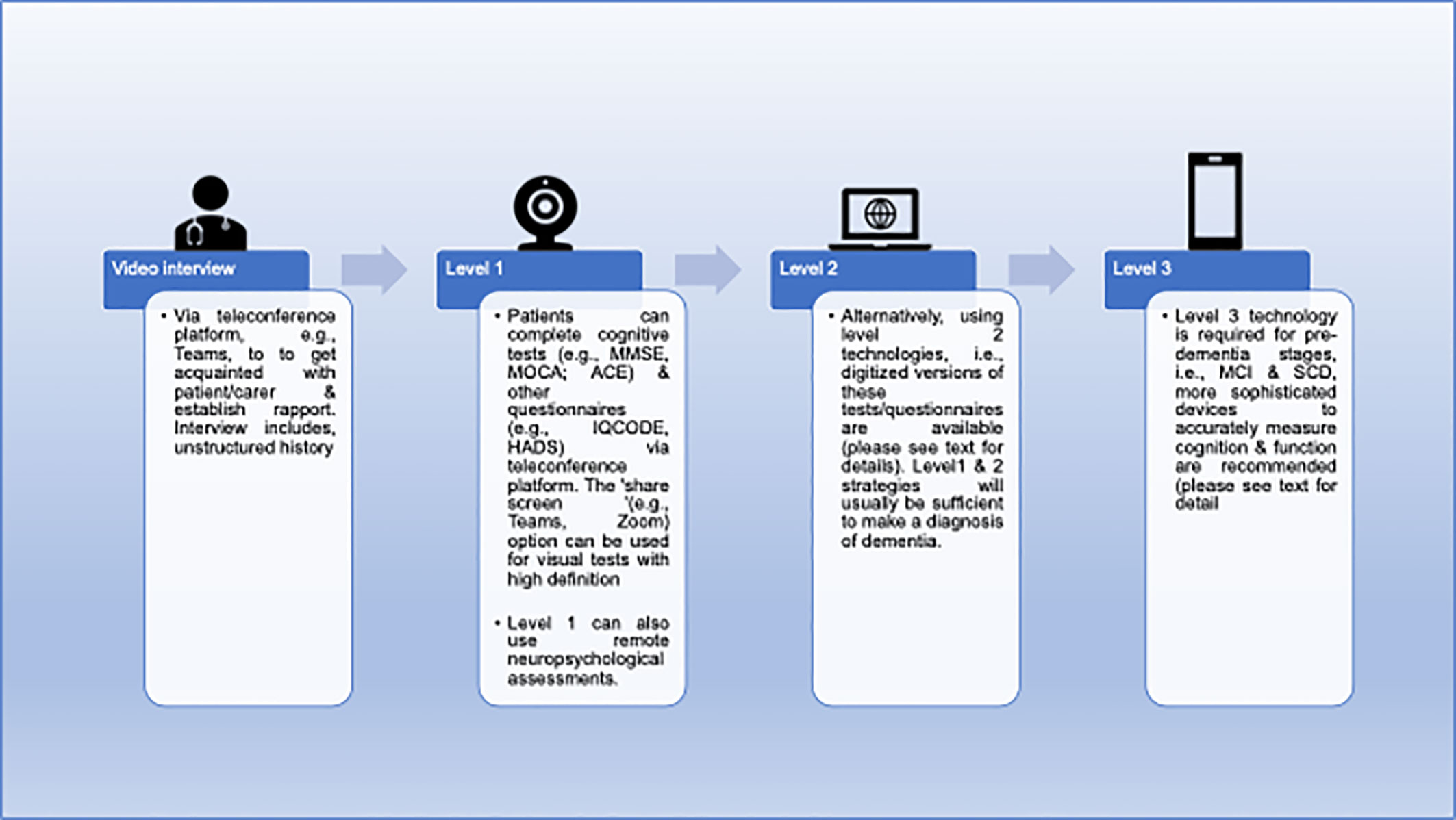

It is helpful to a wide range of people from those with attention and impulse control problems, learning disabilities, autism, and aging. Peer reviewed research shows that Neurotracker training significantly enhances attention, executive function, working memory and processing speed. Training adapts speed and complexity in a way that maximizes your cognitive training at every step.įunctional brain scans reveal that Neurotracker training sustainably increases brainwave peak frequencies associated with heightened alertness and learning capacity. It challenges you to track multiple targets moving dynamically in 3D space. Neurotracker emerged out of 20 years of neuroscience research to enhance mental performance. However, because Neurotracker improves high-level mental abilities, it can be used by anyone looking to improve their mental performance. Scientific studies show that Neurotracker is beneficial for assessing and improving performance for athletes, military personnel, healthy aging, people with cognitive related medical conditions, college students and children with learning difficulties. Cognitive training is a form of exercise for the brain that is designed to improve mental abilities such as memory, attention, decision-making and awareness. N euroTracker stimulates and trains the vision, vestibular and cognitive systems to help patients in their recovery process with Concussions, Post-Concussion Syndrome, and mTBI.Neurotracker is a cognitive training program that is designed to improve mental performance. The Neurotracker also takes part in concussion baseline testing and retesting someone to make sure they are ready to return to their sport. NeuroTracker training will help someone going through a concussion improve and re-train their vision, different types of attention/focus, awareness, executive function, working memory, processing speed/response control and cognitive endurance. This is especially dangerous for concussed athletes, as they have a decreased ability to process and integrate visual information at a time where these skills are crucial in preventing re-injury. Following a concussion, cognitive and visual skills are common areas where deficits occur. Vision represents around 70-80% of all our sensory processing, and with mTBIs, any excess visual stimulation can cause peripheral vision to shut down.

A major factor in concussion rehabilitation is vision, which can play a huge role in both symptoms and recovery.


 0 kommentar(er)
0 kommentar(er)
